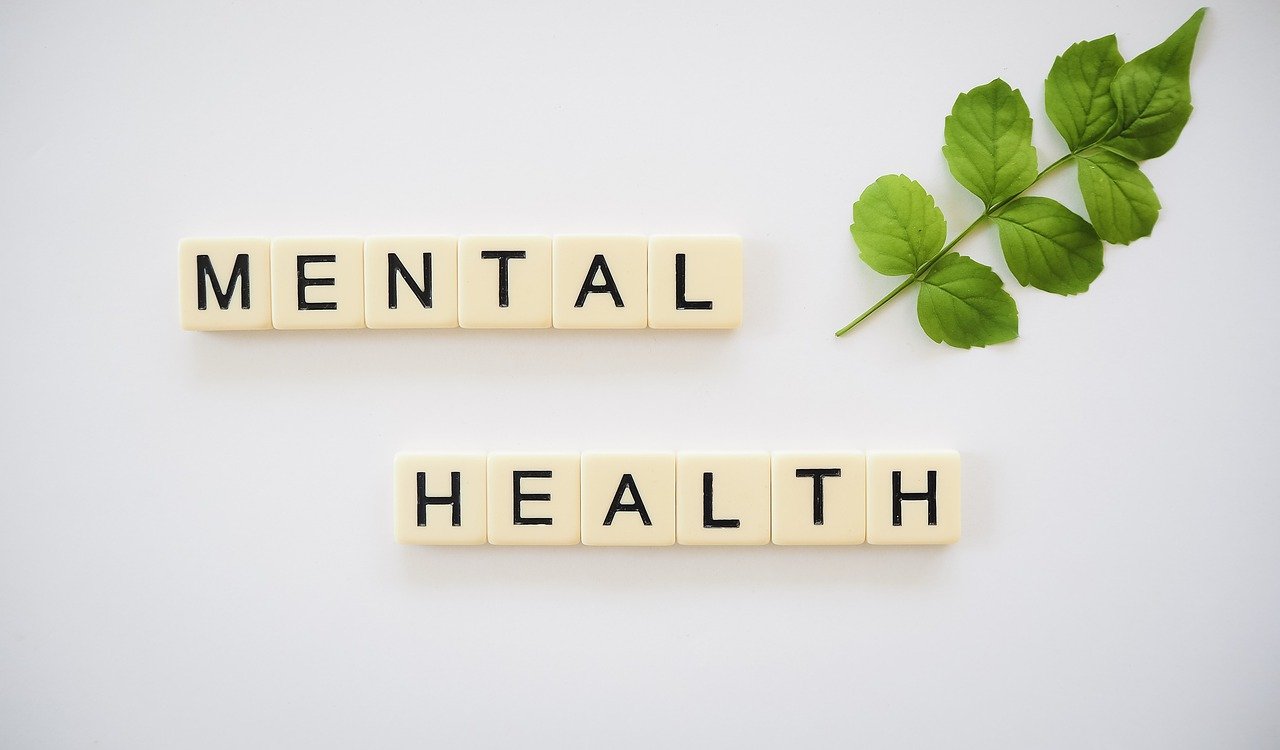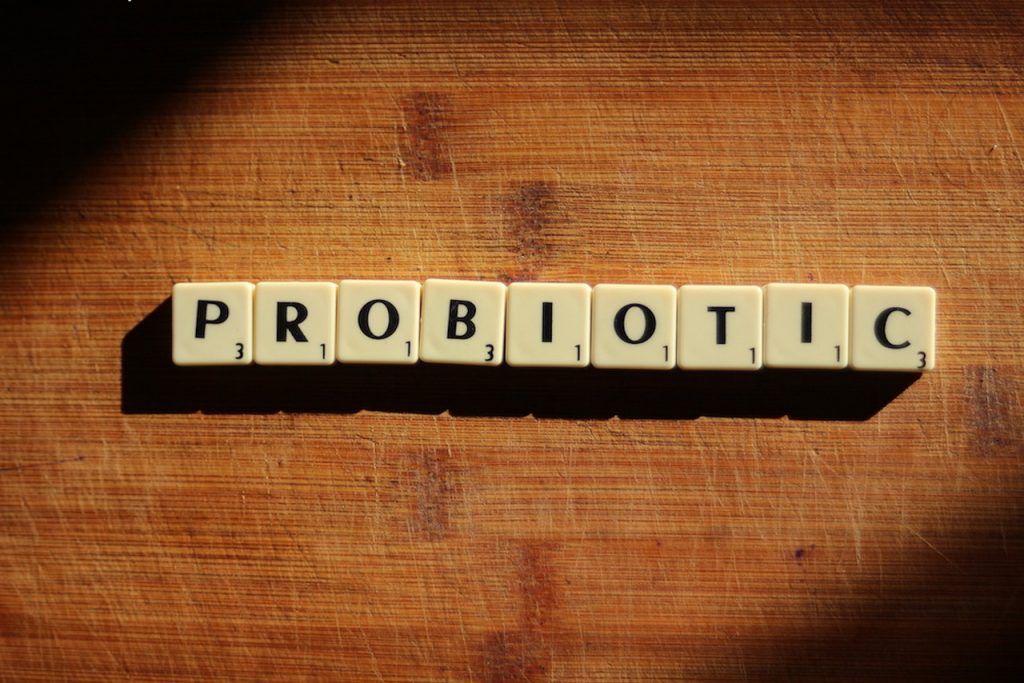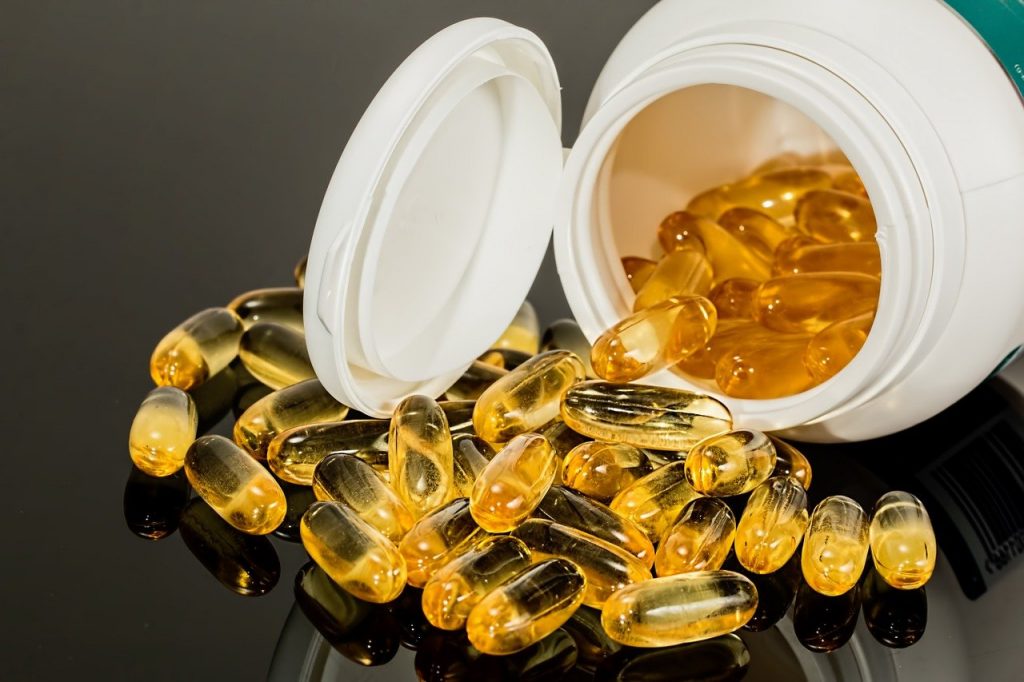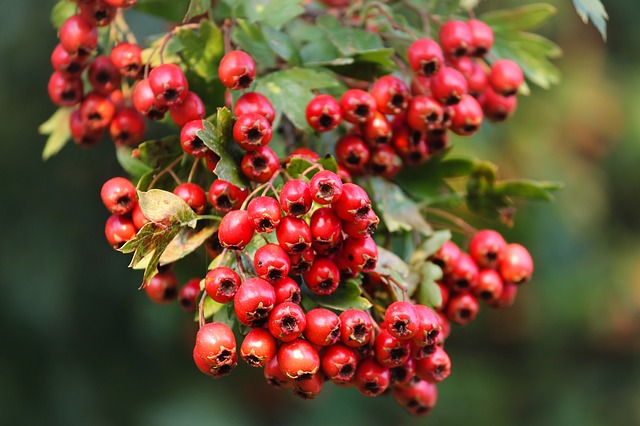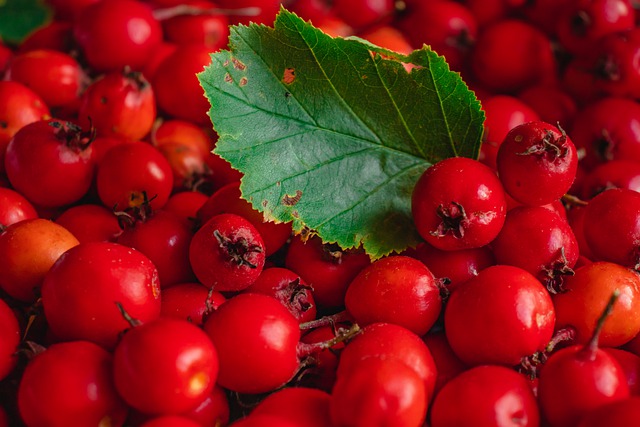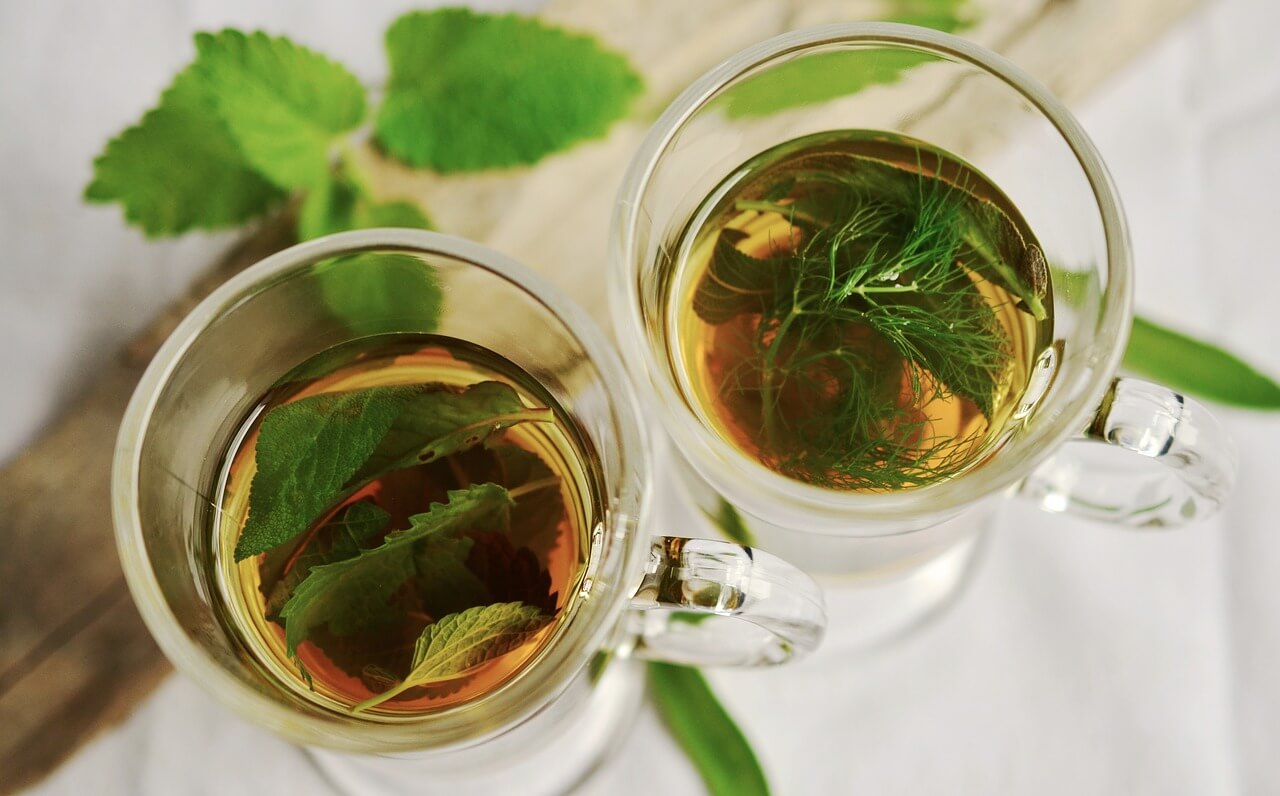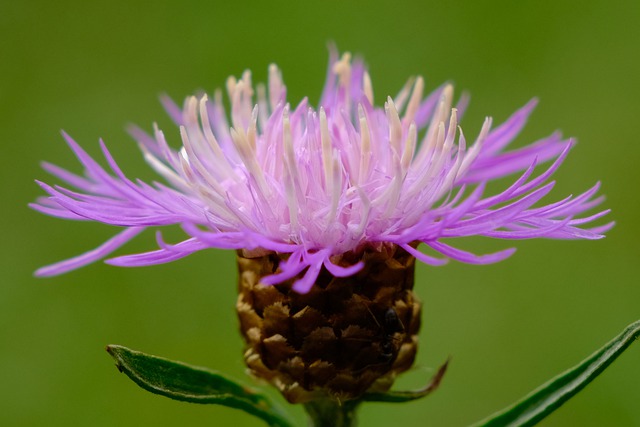Sleep is one of the most vital functions of the human body. As we sleep, our bodies restore and repair the cells that have become worn out throughout the day’s activities. Sleeps help us repair muscles, synthesize hormones, or recuperate our brain cells.
This is also why the lack of sleep can make us feel both mentally and physically fatigued. Ever notice that when you don’t get enough sleep, your body aches and you will lightheaded the entire day? This is because your body was not able to recover from the day before.
Missing out on a few hours of sleep is inevitable, especially if you have a demanding schedule. While the occasional sleep debt won’t kill you, it becomes a problem if it happens too often… which is unfortunately the case for most people.
The Dangers of Sleep Deprivation
Sleep deprivation is a serious condition that arises when a person is consistently unable to receive the recommended 7-9 hours of sleep per night. In one worldwide survey, none of the 48 participating countries had an average sleeping time that reached the recommended 8 hours.[1]
Although that survey only included a small percentage of the world’s population, the results are still alarming especially when you consider the long-term health consequences of sleep deprivation.
Aside from having a busy schedule, there are also a myriad of factors that can cause chronic sleep deprivation, such as:[2]
- An uncomfortable bed
- Room temperature is too hot or too cold
- Excessive exposure to blue light (from electronics) at least 30 minutes before sleeping
- Noisy surroundings
- Other medical conditions, such as depression, sleep apnea, chronic pain, obesity, narcolepsy, anxiety, and schizophrenia
Some of the serious conditions mentioned above require immediate medical attention. But for the environmental factors, you should try to adjust your surrounding to make sure that you’re getting enough sleep… because long-term sleep deprivation has some serious consequences, such as[2,3]:
- A weakened immune system. As you sleep, your immune system produces the antibodies and cytokines that help you fight off all sorts of diseases. By not getting enough sleep, the reserves of your immune will be depleted, which can make you susceptible to plenty of diseases.
- Weight gain. The lack of sleep can seriously affect the hormones that are responsible for making you feel full. When you lack sleep, your body produces less of the hormone leptin (which produces feelings of satiation) while producing more of ghrelin (which stimulates hunger). This can make you feel wanting to eat more than your need. Additionally, the lack of sleep will make you feel too tired to exercise. This combination can lead to some serious weight gain.
- A vulnerable cardiovascular system. The only time your blood vessels are able to recuperate is when you’re asleep. This maintains blood pressure, blood sugar levels, and inflammation. By not getting enough sleep, you’re at a higher risk of developing cardiovascular diseases.
- Affects brain function. Sleep deprivation can affect your memory and the ability to concentrate. It can also affect your prefrontal cortex and amygdala, the two parts of your brain which handles reasoning and emotions. As you can imagine, all these conditions combined will give you a ‘clouded’ brain, which will negatively affect both your personal and work life. Long-term sleep deprivation can also cause permanent damage to your brain and may lead to psychological disorders.
- Imbalanced hormones. Sleep deprivation will lead to an unstable production of essential hormones, such as testosterone and growth hormones. Your body will also produce more of the stress hormones norepinephrine and cortisol.
- Reduces your chances of conceiving. Sleep deprivation also affects your reproductive organs, decreasing your fertility.
Clearly, sleep deprivation has too many negatives to ignore. Most of these consequences are hard to recover from, so it’s best to figure what exactly causes your sleep deprivation.
If you’ve already consulted a health professional about your sleep deprivation, chances are that they will recommend some supplements that you can take to improve your sleep quality, especially if it isn’t caused by a serious underlying medical issue.
The 7 Supplements You Can Take for Better Sleep
Below are some of the best and well-known supplements used to improve sleep quality. While some of these are perfectly okay to consume, it is still best to consult with your doctor first to determine what dose is better for your body, or if it will interact with other medications you’re currently taking.
Melatonin
Among those who regularly experience insomnia, melatonin is a popular supplement.
Melatonin is a hormone that is naturally produced by the body and its role is to signal the brain that it is time to sleep. Under a normal circadian rhythm, melatonin levels will gradually increase come nighttime, and decreases during the morning.[4]
However, when this cycle is disrupted (say, due to jetlag or an all-nighter), your body may not be able to release melatonin when you want it to, which makes it even harder to sleep.
This is where melatonin supplements can help you. By taking a melatonin pill, your body will be given a signal that it’s time for some shut eye. This will effectively fix your circadian rhythm or will help you adjust immediately to a new sleeping schedule.
Melatonin has other benefits to sleeping, such as improving overall sleep quality (by helping you achieve deeper sleep) or by reducing the time needed before falling asleep. [5]
Magnesium
Magnesium is a mineral that regulates many of our essential bodily functions. This includes maintaining the body’s GABA (gamma aminobutyric acid) levels, which are the neurotransmitters that promotes sleep (with its calming effect) and stabilizes mood.
In some studies, it has also been found that magnesium can help regulate our circadian rhythm and melatonin levels, along with improving our overall sleep quality. [6]
However, it should also be noted that the studies with successful results on magnesium were performed on older adults. Older adults tend to have lower levels of magnesium and melatonin, which implies that magnesium supplementation could be less effective on younger people.[4]
Valerian
Valerian is an herb that has long been used as a sleep aid in alternative medicine. Many clinical studies were also able to back up valerian’s efficacy as a sleep aid. For instance, one study performed on menopausal and post-menopausal women found that valerian was able to improve sleep quality and sleep disorder symptoms after supplementation.[7]
If you’re not very keen on consuming it as a supplement, valerian is also effective when taken as a tea.
Lavender
Best known for its calming scent, Lavender is also known to work wonders for your sleep problems.
One clinical study involving adults with anxiety disorder showed that lavender oil supplements effectively improved sleep quality and sleep duration.[8]
If you’re not too keen on taking them as a supplement, Lavender is also fairly effective as a sleeping aid simply by diffusing it in your room. Not only will your room smell better, but you’ll feel relaxed enough to fall asleep faster.
Glycine
Glycine is an amino acid that your body naturally produces (synthesized from other biochemicals) or absorbed from animal and plant sources.
Because it greatly influences the nervous system, such as producing the hormone serotonin, glycine can also play a part in improving your sleep quality.
In one animal study, it was found that glycine supplementation improved symptoms of insomnia, along with fixing the body’s circadian rhythm.[9] Clinical studies have also proven that glycine can improve sleep quality among humans. [10]
Ginkgo Biloba
Ginkgo biloba is an herbal remedy that has been used in Traditional Chinese Medicine for centuries. It is renowned for its benefits to the nervous system, which also includes sleep quality.
In one study, it was found that ginkgo biloba supplementation can improve subjective sleep quality and sleep efficiency.[11]
L-theanine
L-theanine is a neurotransmitter that is commonly sourced from green tea which is responsible for the drink’s calming effects. If you’re seeking the same calming effects without the caffeine, you can also take l-theanine as a supplement.
This calming effect experienced by consuming l-theanine is due to the elevated GABA levels, as well as the decrease in hormones that cause stress and anxiety.[12] By giving you the extra boost in relaxation, l-theanine can help you fall asleep faster and improve your sleep quality by soothing away your anxieties before bedtime.
Conclusion
Sleep deprivation is a serious condition with irreversible long-term effects on your health.
While it’s understandable to miss out on a few hours a sleep, we should still prioritize getting as much shut eye as we can. This is the only time your body is able to recover – a good night’s sleep will always make you feel like a new person the following day.
Thankfully, there exists a lot of safe and proven supplements you can take to improve sleep quality. While most of the supplements listed above are generally safe, it’s better to consult your doctor first.
References
[1] Horan, L. (n.d.) This Data Shows A Shocking Worldwide Lack of Sleep. Retrieved from https://www.dreams.co.uk/sleep-matters-club/data-shows-a-shocking-worldwide-lack-of-sleep/
[2] Davis, K. & Dasgupta, R. (2020, July 23) What to know about sleep deprivation. Retrieved from https://www.medicalnewstoday.com/articles/307334
[3] Watson, S. , Cherney, K., & Sampson, S. (2020, May 15) The Effects of Sleep Deprivation on Your Body. Retrieved from https://www.healthline.com/health/sleep-deprivation/effects-on-body
[4] Petre, A. & Wilson, D.R. (2020, August 7) 9 Natural Sleep Aids That May Help You Get Some Shut-Eye. Retrieved from https://www.healthline.com/nutrition/sleep-aids
[5] Ferracioli-Oda, E., Qawasmi, A., & Bloch, M. H. (2013). Meta-Analysis: Melatonin for the Treatment of Primary Sleep Disorders. PLoS ONE, 8(5), e63773. doi:10.1371/journal.pone.0063773
[6] Durlach, J., Pagès, N., Bac, P., Bara, M., & Guiet-Bara, A. (2002). Biorhythms and possible central regulation of magnesium status, phototherapy, darkness therapy and chronopathological forms of magnesium depletion. Magnesium research, 15(1-2), 49–66.
[7] Taavoni, S., Nazem Ekbatani, N., & Haghani, H. (2013). Valerian/lemon balm use for sleep disorders during menopause. Complementary therapies in clinical practice, 19(4), 193–196. https://doi.org/10.1016/j.ctcp.2013.07.002
[8] Kasper, S., Gastpar, M., Müller, W. E., Volz, H. P., Möller, H. J., Dienel, A., & Schläfke, S. (2010). Silexan, an orally administered Lavandula oil preparation, is effective in the treatment of ‘subsyndromal’ anxiety disorder: a randomized, double-blind, placebo controlled trial. International clinical psychopharmacology, 25(5), 277–287. https://doi.org/10.1097/YIC.0b013e32833b3242
[9] Kawai, N., Bannai, M., Seki, S., Koizumi, T., Shinkai, K., Nagao, K., Matsuzawa, D., Takahashi, M., & Shimizu, E. (2012). Pharmacokinetics and cerebral distribution of glycine administered to rats. Amino acids, 42(6), 2129–2137. https://doi.org/10.1007/s00726-011-0950-y
[10] YAMADERA, W., INAGAWA, K., CHIBA, S., BANNAI, M., TAKAHASHI, M., & NAKAYAMA, K. (2007). Glycine ingestion improves subjective sleep quality in human volunteers, correlating with polysomnographic changes. Sleep and Biological Rhythms, 5(2), 126–131. doi:10.1111/j.1479-8425.2007.00262.x
[11] Murray, B. J., Cowen, P. J., & Sharpley, A. L. (2001). The effect of Li 1370, extract of Ginkgo biloba, on REM sleep in humans. Pharmacopsychiatry, 34(4), 155–157. https://doi.org/10.1055/s-2001-15876
[12] Yamada, T., Terashima, T., Okubo, T., Juneja, L. R., & Yokogoshi, H. (2005). Effects of theanine, r-glutamylethylamide, on neurotransmitter release and its relationship with glutamic acid neurotransmission. Nutritional neuroscience, 8(4), 219–226. https://doi.org/10.1080/10284150500170799

